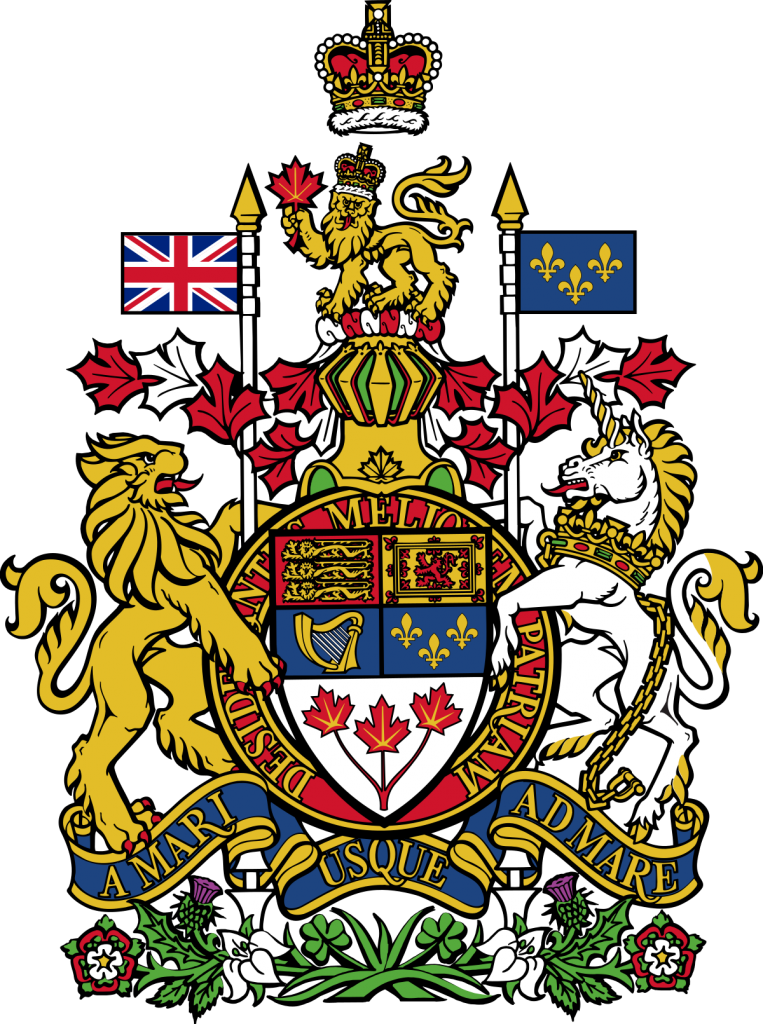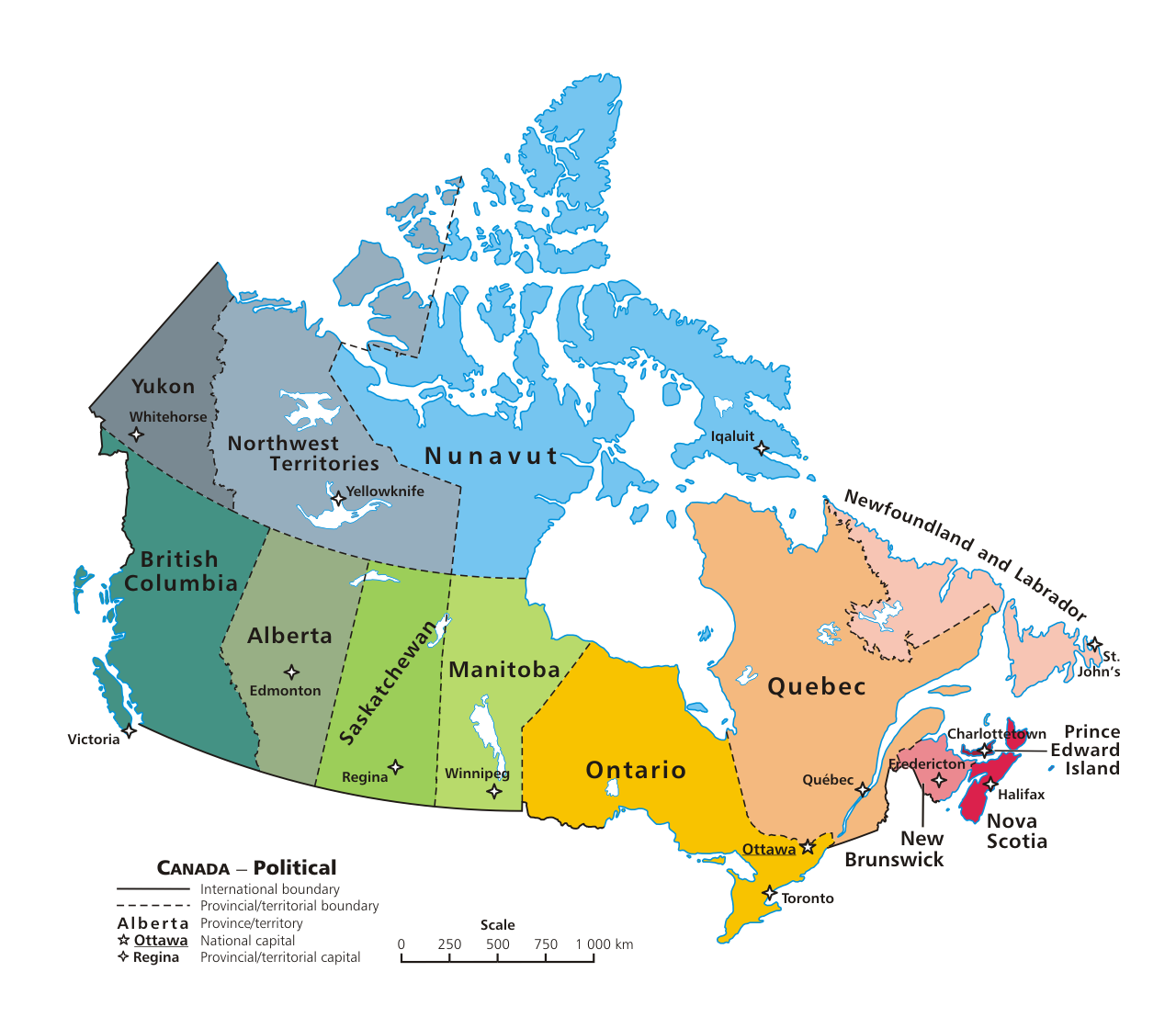Study in Canada
Why Study in the Canada
High on academic quality but affordable tuition fee – Canada is one of the best study destinations for students. Until August 2019, Canada experienced almost 70,000 international students studying at all levels in the country; which explains its popularity across the globe. With an excellent education system in place, practical teaching pedagogy and abundant post-work opportunities, Canada is undoubtedly the most sought-after countries amongst Indian students. Even the United Nations vouches for its quality of life. Read on to know why Indians love Canada.
Major Study Destinations in Canada
Montreal
Toronto
Quebec
Toronto
Canada at a Glance
One of the biggest reasons students choose to come to Canada is the quality of a Canadian education. A Canadian degree is widely recognized as equal to one from the United States, Australia, or the United Kingdom, and Canadian universities consistently do well in international rankings. In fact, in one study in 2016, three Canadian Universities were ranked in the top 50 universities in the world. There’s a wide array of Canadian institutions to choose from, but whether you attend a university, college, or vocational school, there’s no doubt that a Canadian education is world.
Cost is the most significant barrier for most students hoping to study abroad. Canadian international students have to pay higher tuition fees than domestic students. That said, the average annual tuition for an international student’s Canadian undergraduate degree was $16,746 USD in 2014. Compare that to the U.S. ($24,914 USD), Australia ($24,081 USD) or the United Kingdom ($21,365 USD ).
Safety at its Best
Another big reason why students choose to come to Canada is personal safety. Studying abroad can be scary, especially if you’re leaving your friends and family behind. The Institute for Economics & Peace ranked Canada as the 8th most peaceful country in the world in 2016. Unlike most other countries, Canada is pretty isolated in terms of location. It’s protected on three sides by oceans, and only shares a border with the United States. That distance provides a bit of a buffer from most international conflicts. Canada has a democratically elected government, and the fundamental rights and freedoms of those living in Canada are protected by the Canadian Charter of Rights and Freedoms. Canada has a well-deserved international reputation as a tolerant and non-discriminatory society. Immigrants make up a fifth of Canada’s entire population, and Canadian laws ensure that all people, regardless of their circumstance, are protected from discrimination.

Permanent Residence
When you travel abroad to study, you usually get temporary status in the country you’re studying in. That status usually expires when your program ends, so you have to return home when you graduate. Canada has a lot of programs designed to encourage international students to transition to permanent residence after their studies. Options like the Post-Graduation Work Permit let graduates stay and work on an open work permit after graduation and give them an opportunity to get some Canadian work experience. Most Canadian provinces have Provincial Nominee streams for applicants with experience studying or working in the province, and Canada’s federal economic immigration streams offer additional points for Canadian work and study experience. In 2015, 51 percent of international students planned to apply for Canadian permanent residence. International students studying in Canada may apply for Canadian permanent resident status while studying in Canada or after completing their studies, provided they meet the requirements of the Canadian immigration program under which they apply. Applying for a Canada study permit and Canadian permanent resident status at the same time is referred to as “dual intent”, and such practice is common and accepted by Canadian immigration law.
Canada is strong
in global research
The Canada Research Chairs Program (CRCP) stands at the centre of a national strategy to make Canada one of the world’s top countries in research and development. It invests approximately $295 million per year to attract and retain a diverse cadre of world-class researchers, to reinforce academic research and training excellence in Canadian postsecondary institutions. In 2000, the Government of Canada created a permanent program to establish 2,285 research professorships—Canada Research Chairs—in eligible degree-granting institutions across the country. Chairholders aim to achieve research excellence in engineering and the natural sciences, health sciences, humanities, and social sciences. They improve our depth of knowledge and quality of life, strengthen Canada’s international competitiveness, and help train the next generation of highly skilled people through student supervision, teaching, and the coordination of other researchers’ work.
Get to know Canada

